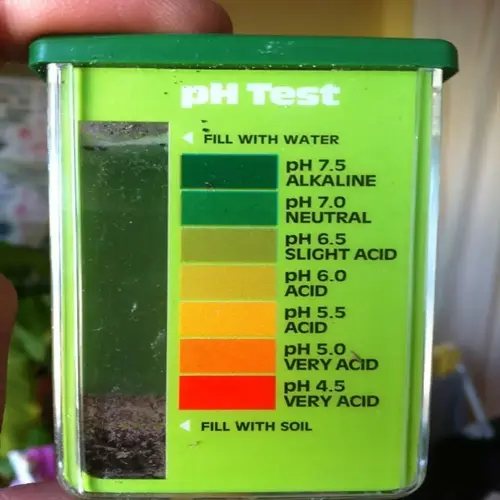Can vinegar eliminate spider mite infestations?

Written by
Liu Xiaohui
Reviewed by
Prof. Martin Thorne, Ph.D.Vinegar solutions are often disappointing for controlling spider mites, despite their popularity. Their weak acidity of about 5 percent is insufficient to penetrate the exoskeletons of the mites, while at the same time burning the leaves of the plants to which they are applied. I have found this to be the case with my philodendron, which was previously blasted with vinegar solutions, but now receives its nemesis instead. They create entry points for diseases, but do not exterminate the eggs.
Plant-Safe Oil Treatments
- Use neem oil at 2 tbsp per gallon dilution
- Apply only at dusk to prevent leaf burn
- Spray every 3 days maximum for 2 weeks
- Cover leaf undersides completely for mite suffocation
Biological Predator Systems
- Release Phytoseiulus persimilis at 1:10 ratio
- Maintain >60% humidity for predator efficiency
- Avoid all chemicals 2 weeks before/after release
- Plant pollen sources like alyssum for predator food
Alcohol solutions quickly deliver contact kills. Combine 70% isopropyl alcohol with equal amounts of water in a spray bottle. I test it on single leaves to see how the plant reacts, as some respond poorly to it. I spot treat my orchids with Q-tips using alcohol for precision. It evaporates rapidly, leaving no residue like vinegar does.
For long-lasting success, utilize biological controls. Predatory mites feed on pests, but are harmless to plants. It is essential to release them when the humidity is above 60% for their optimal survival. Now, in my greenhouse, I have established permanent colonies of the predators after introducing them to my plants. They furnish protection against the injurious insects that vinegar does not give.
For severe infestations, use a combination of methods, alternating weekly applications of neem with bi-weekly releases of predators. Apply the oils on Monday evenings and release the predators on Friday mornings. This system prevents the occurrence of resistance, whereas vinegar consistently fails. I rescued my lemon tree using this technique after the vinegar had already damaged the leaves.
Prevent future outbreaks by implementing effective environmental control measures. Keep humidity above 60% and temperature below 75°F (24°C). These conditions make it impossible for mites to thrive naturally. I check humidity levels with hygrometers every day. Consistent prevention always outweighs reactive vinegar treatments.
Read the full article: Ultimate Spider Mite Control Guide

